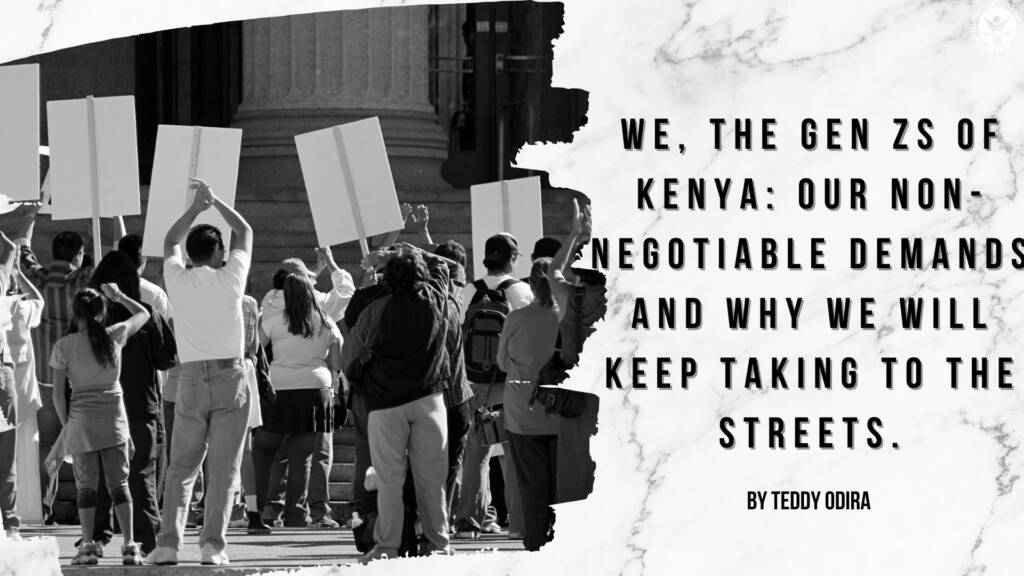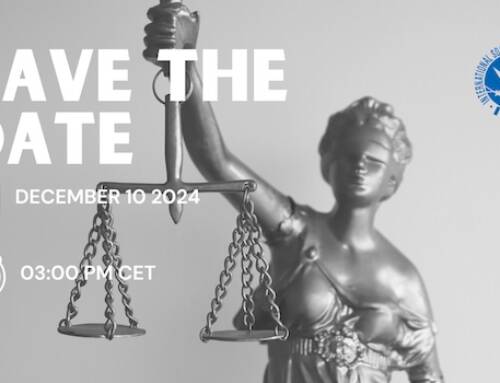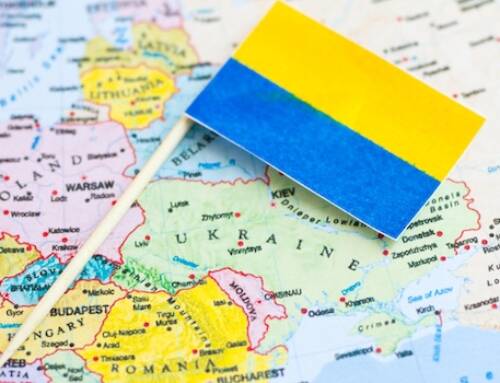Kenya


Africa: Poisoned Soil, Poisoned Fruits: Can Development Plans Flourish in Africa?
In the very profound sentiments of activists and arguably one of the best people I know in front of a keyboard, Kasmuel McOure, “I have seen a lot of the media houses grossly misquote whatever this thing is by calling it an anti-government protest. These are pro-good governance protests and whatever it is we are doing, the agitation that we are making is simply that the government does what it was mandated to do… If the political class did exactly what they were mandated to do in the constitution, we would be happy to stay home.”
The Constitution of Kenya was approved by Kenyans in a referendum on 5th August 2010 with almost 70% of voterssupporting it. The Constitution became effective on August 27, 2010. This marks the end of struggle by many Kenyans who struggled to bring about fundamental political, social and economic reforms. For this Constitution, many people suffered by being tortured, beaten up, detained and separated from their families. Numerous natives had to go into exile while others offered their lives for liberty and dignity of other Kenyans. Such inhumane acts were perpetrated by our former presidents including some politicians who are still active today.
In my opinion, the push for a new constitution that was majorly led by church and civil society organizations was watered down after its promulgation. These organizations, who initially vowed to ensure complete implementation of the constitution, have let this document which once held much hope slip through their fingers over fourteen years enabling its repeated violation by regimes in power. The people are also to blame for this since they allowed those opposed to the constitution and actively campaigned against it to become its standard-bearers and presidents themselves. Notably, the current President.
After the highly successful #RejectFinanceBill2023 campaign, we, the people of Kenya, demand accountability from our government. Our guiding principle is the Constitution, and until we are confident that it is being fully upheld, and standard intended, we will persist in voicing our concerns. We refuse to remain silent while the government falls short of its constitutional obligations. Our commitment to justice, transparency, and good governance is unwavering, and we will continue to hold our leaders accountable until they meet the expectations set forth by our nation’s most fundamental document.
The Origins of Our Protest
In Kenya, the right to protest is protected under Article 37 of the Constitution which provides for the freedom of citizens to assemble, demonstrate, picket and present petitions to public authorities peacefully and unarmed. Over the years, Kenyans have been frustrated with their economy and what they see as government insensitivity towards them. This has not happened overnight; but it reached a tipping point recently which caught the authorities by surprise. President Ruto’s victory in a closely fought election of August 2022 came as a surprise to many who saw him as a way out of our spiraling inflation by recognizing “hustlers” – struggling poor Kenyans – in his policies.
President Ruto held that while serving as the deputy president under President Uhuru Kenyatta, he was kept away from key decision-making processes. Besides assuming office with an ailing economy where national debt is estimated at around $80 billion or approximately 65% of GDP, currently almost 65% of its annual revenue is used to pay debts. Subsequently, subsidies were reduced including those on fuel and various measures implemented to increase revenues in 2023 including increasing income tax for high earners by 5% and introducing an unconstitutional housing levy of 3% meant for affordable housing intended to benefit employees and employers alike. Most of these reforms had been agreed upon with the International Monetary Fund (IMF).
The announcement of additional revenue measures by the National Treasury in May for the 2024-2025 fiscal year saw a groundswell of protest. The initial proposal included a proposed 16% value-added tax (VAT) on bread and an “eco tax” levied on certain products such as packaging, plastics, sanitary towels, and tires that were considered environmentally harmful. Government’s argument that this move was necessary for public spending was met with widespread opposition.
Usually, opposition leaders have been responsible for demonstrations against government policies. However, this time round young Kenyans organized themselves through social media using #REJECTFINANCEBILL2024 regardless political leadership. By sharing X posts and TikToks showing the adverse impacts of some governmental regulations, calls for demonstrations escalated over the weekend of 15th of June. On June 18th even before Finance Bill second reading thousands took to Nairobi’s streets peacefully and were praised for their disciplined behavior during protests which could sometimes turn into violence in the past. A multiplicity of ethnic backgrounds gave rise to articulate demands by demonstrators who triggered fierce debates on both mainstream and online platforms about our economic state.
Despite overwhelming public sentiment against the measures, the National Assembly, who are known for Luxury cars, private helicopters, and flaunting mounds of cash, proceeded to advance the legislation on June 20, with 204 of 349 members voting in favor and 115 against. Many protesters felt betrayed by this outcome and called for even larger demonstrations on June 25. “I concede and therefore I will not sign the 2024 finance bill and it shall subsequently be withdrawn.” Those were President Ruto’s exact words on the 26th of June.
Kenya closed for renovation: new demands
After the Finance Bill was withdrawn, the Kenyan youth had more demands which are stated below.
Completed Actions
The Kenyan youth demanded for the President to dissolve his Cabinet. President Ruto announced that all but one Cabinet member would be fired, in a bid to adhere to these demands. He had, though, retained Prime Cabinet Secretary Musalia Mudavadi, whose position is largely delegitimized. Mudavadi would remain in charge of ministerial affairs until a “broad-based” Cabinet is pieced together, an illustration that there are further power struggles within the Ruto administration. Our Constitution, however, does not recognize such a position as a Prime Cabinet Secretary and we would wish he declared that office vacant and no public money should be used to fund the unconstitutional office.
President Ruto has also announced his compliance with the scraping off of the office of the First Lady, Second Lady, and Prime Cabinet Secretary’s wife. However, it all remains very blurred as to whether funds are to be returned for some employment opportunities to be opened for some teachers and doctors. The President has also accepted the resignation offered by Inspector General of Police Japhet Koome, a demand by the youths.
As a man who has been dubbed a pathological liar, I am skeptical to add this achievement in this category. It will only be true once realized but the President assured that all JSS teachers would be permanently and pensionable engaged by the end of 2024. The Head of State announced this while commissioning a power substation in Kajiado County.
Pending Demands
The President set up a team to audit the national debt. However, it was then suspended by a court after challenges to its constitutionality. The Constitution provides for an independent office of the Auditor General which is mandated to conduct such functions. For more accountability, the president ought to have a consultant that office instead of constituting a task force himself.
President Ruto is yet to address the demand relating to capping MPs’ salaries and allowances at, as well as the dismissal of officials with criminal records and obedience to court orders as per chapter 6 of the constitution.
The demand for the release of those arrested and abducted is rooted in the fundamental rights to liberty and security of person, as enshrined in the Kenyan Constitution and international human rights treaties. Arbitrary detention and enforced disappearances violate Articles 29 and 31 of the Kenyan Constitution, which protect against arbitrary arrest and ensure the right to privacy, respectively. The Constitution guarantees every person the right to fair trial and due process, emphasizing the need for legal recourse and accountability.
Arresting police officers involved in the killing of protesters addresses the broader issue of police accountability and the right to life. Article 26 of the Kenyan Constitution enshrines the right to life, while Article 244 mandates the National Police Service to comply with constitutional standards of human rights and fundamental freedoms. Ensuring that law enforcement officers are held accountable for unlawful killings is crucial for restoring public trust in the police and the justice system.
The call for the reduction of the number of Ministries to fifteen raises questions about the structure and efficiency of the executive branch. While Article 152 of the Constitution outlines the composition of the Cabinet, it allows for a minimum of 14 and maximum of 22 Ministries, leaving room for debate on the optimal size and organization of the executive. Reducing the number of Ministries to 15 could be argued from a perspective of promoting efficiency and reducing government expenditure.
Reconstituting the IEBC within 30 days with strict adherence to Chapter 6 of the Constitution underscores the demand for electoral integrity and leadership accountability. Chapter 6 of the Kenyan Constitution emphasizes the principles of leadership and integrity, requiring public officers to uphold ethical standards and avoid conflicts of interest. The call for a reconstituted IEBC aims to restore public confidence in the electoral process and ensure free and fair elections.
Of Course, there are some demands that I do not agree with. Some youths have alluded to change of the constitutional provision of women representatives and reduction of the number of counties. My position will remain the same with hope to persuade my fellow youth to understand the history and the struggle of making the constitution. Each section was drafted for a reason and there is no need to change it at the moment. Being a teenager, we should first realize what it can do for us in its current form before we make any proposals to alter any Article.
The final demand, to cease all dialogue, reflects a sentiment of frustration and urgency among the protesters. While dialogue is a cornerstone of democratic governance and conflict resolution, the insistence that “the time to talk is over” signifies a demand for immediate and tangible action rather than prolonged negotiations. This stance poses challenges for political leaders and stakeholders who must balance the need for dialogue with the imperative for decisive action to address the protesters’ grievances.
Conclusion
In conclusion, the renewed protests we are witnessing currently in Kenya are one of the many decisive moments of our nation in the struggle for justice, accountability, and good governance. The vibrancy with which these young and other concerned citizens’ voices are trumpeting represents and rings with deep dissatisfaction with the status quo, making an unflinching call for change. The Constitution that held so many promises for many became a beacon of success and, at the same time, a document of unfulfilled promises in our democratic journey. We have witnessed this with the #RejectFinanceBill2023 campaign; indeed, that is a clear picture of what people can do if they come together to stand against the government. But as Kasmuel McOure put it, protests are not against the government per se; rather, they seek to ensure good governance and that the government acts within its constitutional mandate.
We draw our demands from the basics of our fundamental principles enshrined in the constitution, from the right to demonstrate to the call for transparency and integrity in leadership. The journey ahead is full of thorns, though an opportunity to win back our noble democratic ideals. We continue to press for the implementation of our demands; let us continue to remain steadfast in the call for justice and the rule of law. That is what we owe to the hundreds of thousands that gave their lives fighting for the liberties we enjoy today. We owe it to ourselves, we owe it to our children and grandchildren, to ensure that now, more than ever, the promise of the Constitution is fully realized. Now is the time for action, and together, that will set us on the path to a better, more just Kenya.
Teddy Odira





